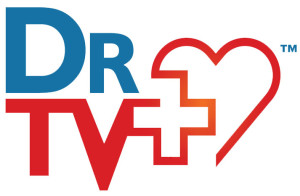We’ve all asked ourselves these types of questions: Where did I leave my keys? What was his name? Where did I park my car?
As people grow older their memory tend to get poorer, so finding ways to improve it is an important matter of investigation given the longer contemporary lifespans that people are experiencing.
Recent research has shown that stimulating the brain with a mild electric current, known as transcranial direct current stimulation, can improve memory in both younger and older adults.
In a study published online for a forthcoming special issue on the cognitive neuroscience of aging from the Journals of Gerontology: Psychological Sciences, researchers at the University of Illinois at Chicago tested these outcomes by having younger and older sets of participants – 48 people between the ages of 18 and 35, as well as 48 adults between the ages of 60 and 79 – try to learn information and remember 60 face-name pairs.
Some of the study participants were given stimulation, and others received sham, or fake, stimulation. Their memories were tested both immediately after stimulation and again 24 hours later to assess effects on memory the following day.
Ultimately, the researchers found that while the younger adults showed memory improvement from stimulation, the older adults did not.
“On average the amount of improvement that younger adults showed from brain stimulation was a 50 percent improvement in memory,” said Eric Leshikar, UIC clinical assistant professor of psychology and corresponding author of the study. “Importantly, we found these memory improvements both immediately after stimulation, as well as after 24 hours, suggesting that brain stimulation can effectively improve memory.”
The results contradict findings from previous studies that showed that a slight electoral current through the scalp had a greater effect on cognition for older adults compared to younger adults.
Leshikar says future work will look at whether using different stimulation procedures can help propel older adults to experience memory improvement.
“It very well may be that older adults may show memory improvement from stimulation, but perhaps not under the stimulation procedures we used in this study,” he said.
Ryan Leach of Loyola University; Matthew McCurdy of UIC; along with Laura Matzen and Michael Trumbo of Sandia National Laboratories are co-authors of the paper.
The research was supported by a National Institute on Aging grant (P30AG022849) provided through the Midwest Roybal Center for Health Promotion and Translation.
– From Newswise




